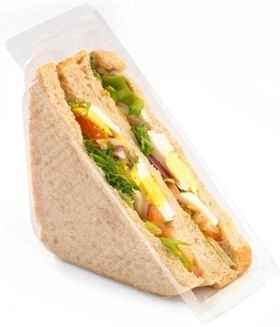
“Expenses must be incurred….wholly, exclusively and necessarily…in the performance of the duties of employment”
The wholly, exclusively and necessarily mantra should be ingrained into the minds of all Directors when it comes to making a claim for any tax deduction.
It therefore goes without saying that the consumption of food and drink typically fail the “wholly, exclusively and necessarily” test as consumption is not simply in order to perform the duties of employment, but more pertinently, to remain alive.
That said, there are certain circumstances where HMRC will allow expenditure on Food & Drink to be deducted from taxable profits and to do so without the employee having to pay additional income tax or national insurance contributions.
The rules around these claims can be complicated, if you feel you may not be making the relevant deductions against your profits, give us a call to discuss. Outlined below are the points to consider.
Travel & Subsistence:
In order to achieve deductible status, there are several interlinked tests which must be observed and passed, it is essential that you consider each in turn in order to derive the correct treatment.
Qualifying Expenses
It is important to recognise that HMRC consider travel expenditure to include:
- providing travel
- reimbursing travel
- overnight accommodation
- meals and other subsistence
Therefore, if your physical travel is an allowable expense, then it would follow that the meals and subsistence associated with that travel may also be allowable.
Qualifying Travel – Temporary Place of Work
Ordinary commuting is not regarded as qualifying business travel, for most employees, ordinary commuting is the journey they make most days between their home and their permanent workplace. There is anti avoidance legislation in place to include “substantially ordinary” commuting, where an employee may travel to a temporary workplace without that journey being significantly different from his or her ordinary commuting journey. A journey that is for practical purposes substantially the same as the employee’s ordinary commuting journey is treated as if it were also ordinary commuting.
For site based employees, travel rules may allow each workplace to be regarded as a temporary workplace because the employee goes there only to perform tasks of limited duration and in many cases they will not be expected to last for more than 24 months.
It is then the definition of what is a permanent workplace or temporary workplace which needs to be assessed along with the normal commute. There are several factors to be taken into account when considering this.
- Duration of assignment (24 Month Rule)
- Anticipated duration of assignment
- Tenure of employee contract
- Additional Distance travelled (10 Mile Rule)
- Direction travelled
Extra test
If a person has a permanent workplace and is working away on a temporary assignment the extra expense is compared with the cost that would have been incurred at the permanent workplace. If the permanent workplace is in an expensive area the cost of the meal at the temporary workplace could very well be lower and if that is the case then there is no extra cost and consequently no allowance.
If a person does not have a permanent workplace but works at a series of temporary workplaces the cost of the meal is compared with home.
There is a common fallacy that if you are away for more than a few hours you are entitled to a meal allowance as a matter of right. That is not the case. You must purchase a meal and incur extra expense. It is true that there is a time guideline as in over 5 hours one meal over 10 hours two meals but an extra expense must be incurred.
As you can see there are many aspects to claiming Travel & Subsistence deductions, we assess each client individually to ensure the claims made are valid and supported with the correct documentation and evidence.
F9 provides tax planning advice as well as accounting and payroll services for Limited companies from just £100 per month. We are based in Canary Wharf, London and Brentwood, Essex.
Please contact us if you would like to meet up to discuss your situation and requirements and find out what we can do for you.
e. TheTeam@F9consulting.co.uk
t. +44 207 712 1684

















